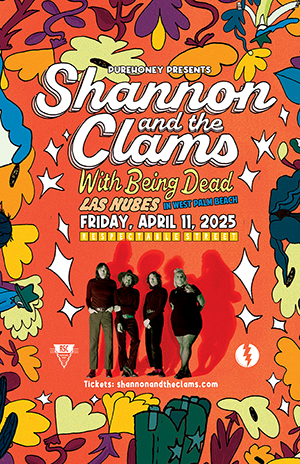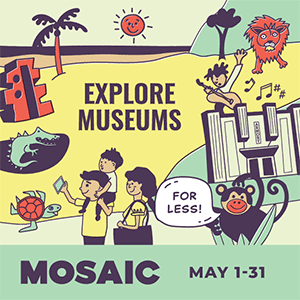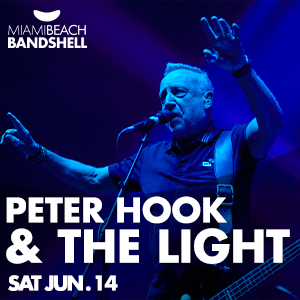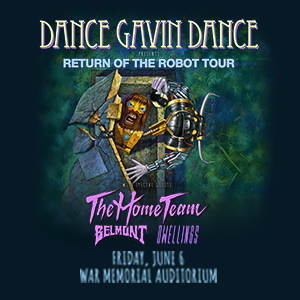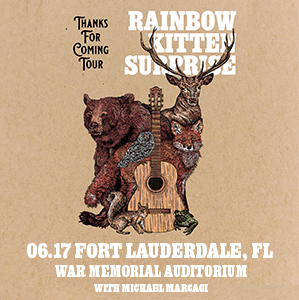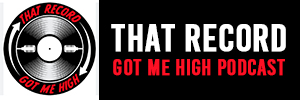 Writers Abel Folgar and David Rolland have helped to shape the way readers experience South Florida. Both have contributed to several local publications, including PureHoney, where their work as journalists and critics has enhanced our collective memory through storytelling.
Writers Abel Folgar and David Rolland have helped to shape the way readers experience South Florida. Both have contributed to several local publications, including PureHoney, where their work as journalists and critics has enhanced our collective memory through storytelling.
They’re also the authors of recently published books that, in both cases, took about 20 years to reach readers.
Folgar’s “Renault 30,” published last year, is a poetry collection about his childhood in Venezuela. Folgar first wrote the poems in the late 1990s while studying at Florida International University in Miami. Rolland penned the novel “Concepts,” about a young author who craves fame, at around the same time, when Rolland was himself a budding writer imagining his future. His novel came out in July.
While vastly different works, both give readers an intimate look at times past, real and imagined, through the eyes of the authors as younger men. PureHoney checked in with them to talk about each book’s journey from thought to print. (Full disclosure: I’ve worked with Abel and David in the past.)
Folgar named “Renault 30” after the car his father drove in Venezuela. The book tells of the Saturdays Folgar spent riding with his dad in the beloved vehicle. “My dad’s presence is felt in the poems,” he says.
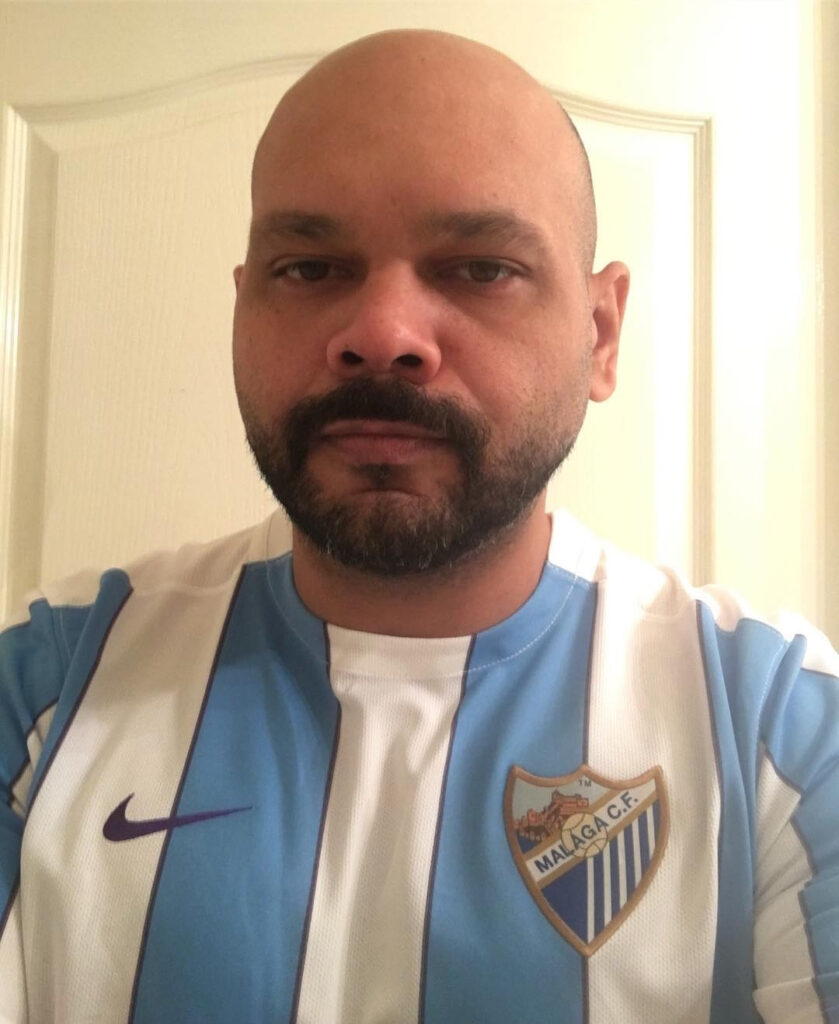
Abel Folgar
The first in a planned trilogy, it is set in a period when a middle class thrived in the oil-rich South American nation. “Looking back at that time, the post-petrol boom in Venezuela but right before socialism — that sweet spot,” Folgar says.
Years later, Folgar was taking creative writing classes with poet and professor Campbell McGrath at FIU, where McGrath introduced him to another work of poetry named after a car, “66 Galaxie.” The only book ever written by Michael Loncar influenced Folgar’s own approach to writing verse. “I like that balance of the pop culture, the personal, the observational, the self-referential,” Folgar says.
The pandemic lockdowns gave Folgar time and opportunity to revisit the poems. He found they needed some updating. “It’s all super cringe. It’s like, ‘Who wrote this?’ ” he says, “I didn’t have the amount of life that I have under my belt.”
Folgar worked with his friend Yago Cura of Los Angeles-based Hinchas Press to shape up and publish the book. “These poems are in the wild now, they live free,” he says.
Now, as a dad of two, Folgar spends his Saturdays with his young kids. Becoming a father reminded him of the generational gap between himself and his own dad — a doctor who, by middle age, had already sent his grown children out into the world and who is, as Folgar tells it, not the type to “bore” people with his feelings, much less commit them to print.
Folgar says of himself at this point in his life, “I have a mostly gray beard, but I just went to Sweat [Records] earlier today and bought punk rock records.”
He is also working on his master’s degree in business administration, a graphic novel with his brother, and a novel set in late ‘60s- early ‘70s Venezuela.
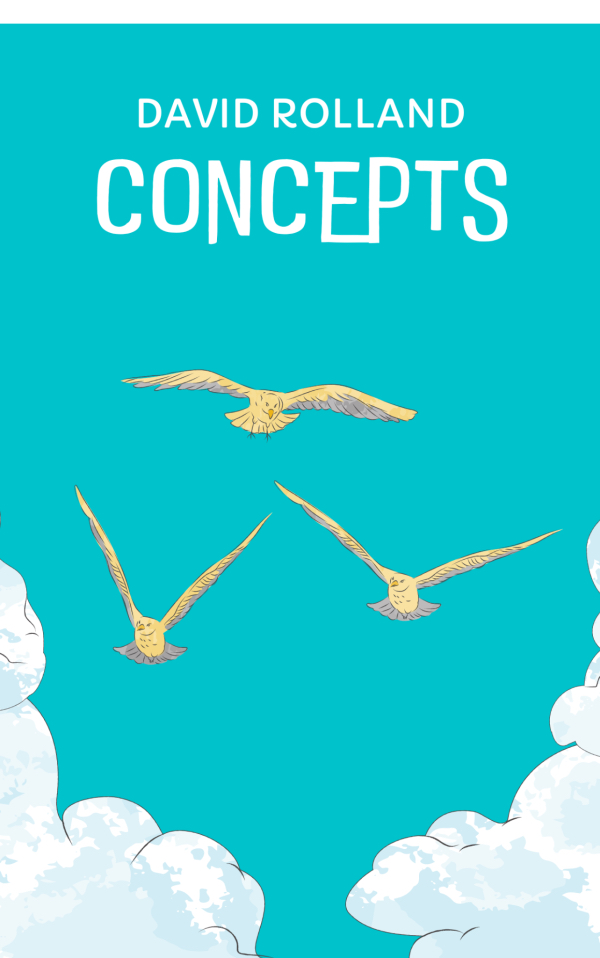 Rolland, the blog editor at Miami-based Jitney Books, is the author of the novels, “Yo-Yo,” “Deadbeat” and “The End of the Century,” and co-writer of the screenplay for the 2007 children’s film, “Finding Rin Tin Tin.” For “Concepts,” Rolland decided to do something very different from most authors, himself included: He put the book into the public domain.
Rolland, the blog editor at Miami-based Jitney Books, is the author of the novels, “Yo-Yo,” “Deadbeat” and “The End of the Century,” and co-writer of the screenplay for the 2007 children’s film, “Finding Rin Tin Tin.” For “Concepts,” Rolland decided to do something very different from most authors, himself included: He put the book into the public domain.
“No rights reserved,” the foreword begins. “Every part of this book may be reproduced without the author’s written permission. Feel free to copy it, publish it yourself, write fan-fiction derived from it, or if you’re overly ambitious even make a movie, stage play or radio drama out of it.”
Rolland found that scholars, not authors, occasionally share their work this way, so he’s just sort of learning what it all means to let the world own your novel. It’s a huge pivot from what “Concept’s” main character, fame-hungry Jacob, would do.
The book’s protagonist meets a Nobel-winning author who reads and loves Jacob’s manuscript — working title, “Bird of a Different Feather.” The famous author wants to publish it, but under his own more bankable name. But Jacob wants the spotlight all to himself. Rolland’s many-layered narrative, explores the dynamic between the two writers and Jacob’s shortcomings as he becomes a public figure.
“Concepts” asks a question that transcends the ages: “Will people remember you and is that important?” Rolland says.
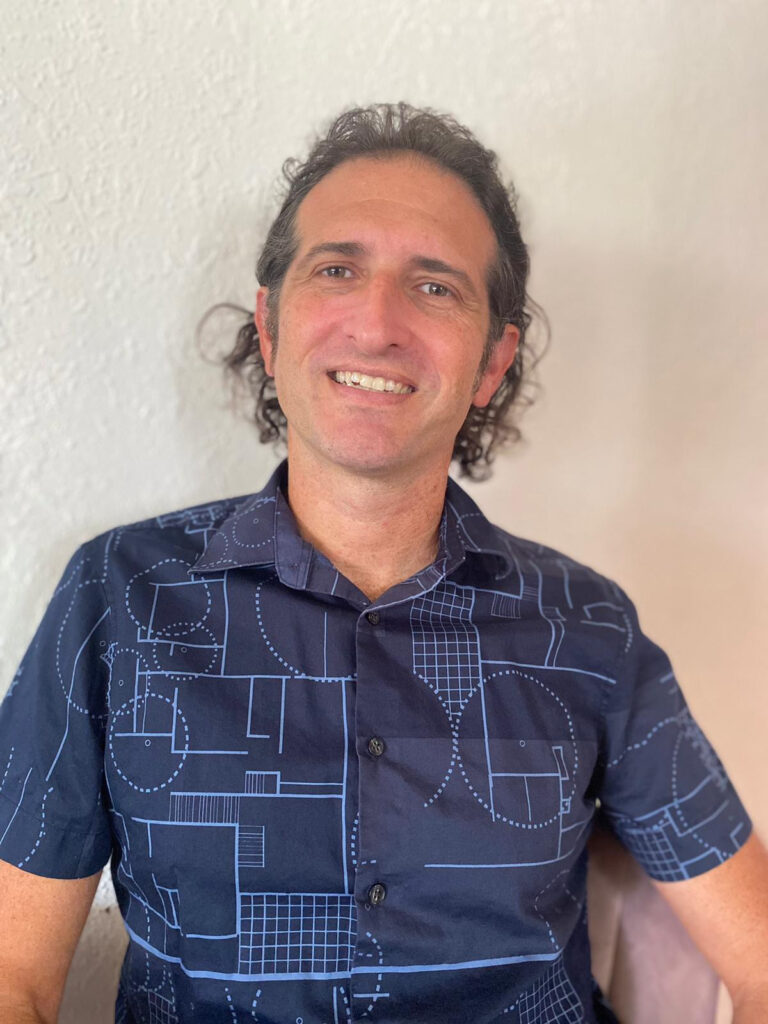
David Rolland by Melanie Ryan
Jacob represents the dark side of Rolland and all writers who crave recognition and immortality through their work. “That pursuit of being a legend, that pursuit that gives your life meaning,” Rolland says of the impulse. Even though Rolland saw “Fight Club” after writing “Concepts,” he sees similarities between the two cautionary tales of what can happen if you have a too-deep desire to be idolized.
After dusting it off, Rolland thought he might update the pop culture references, but changed his mind. “I didn’t put a date on this, when it takes place, but I think it’s pretty obvious it’s in the past because there’s like answering machines and stuff,” he laughs. It explores a publishing and media market that’s almost unrecognizable today. “Making it famous back then is different than now. There was no social media,” he observes.
He published the book almost exactly as he wrote it with one exception. In the original manuscript, he altered the names of real-life Miami locations — Books & Books was changed to the fictional Fireproof Bookstore, for instance — but wound up publishing it with the original monikers intact.
The book’s epilogue places Jacob at the Miami Book Fair, where Rolland will be promoting “Concepts” in November.
Find “Concepts” at pablochiste.wordpress.com and “Renault 30” at hinchaspress.com ~ Liz Tracy

